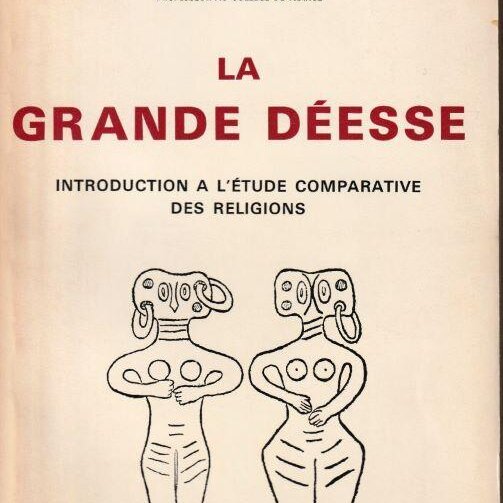Jean Przyluski

Jean Przyluski (17 August 1885, Le Mans, France – 28 October 1944) was a French linguist, a Vietnamese language specialist and a and scholar of comparative religion studies and Buddhism of Polish descent. He studied under the direction of French Orientalist Sylvain Lévi, and succeeded Louis Finot at the College de France in 1930.
While and after serving in the French Indochina colonial administration — he settled in Hanoi in 1907 as professor of Vietnamese –, he studied the development of Buddhist myths and legends, as well as Indo-European folk traditions. From that, he drew general theories about the development of religion, which he presented in his major work, L’Evolution humaine (1942), or in La grande déesse (1938).
In 1926, he had founded the Chaire de Philologie bouddhique at Ecole des Hautes Etudes, combining philology and ethnography in his research. In his obituary for Annuaire de l’EPHE (1946), Louis Renou noted that Przyluski’s curious mind led him to study the Mula-Sarvâstivâdin Buddhist tradition in Kashmir in 1914, or the Rajaghra Council held after Lord Buddha’s passing away.
In her study L’Art Khmer, Les grandes étapes de son évolution, Gilberte de Coral Rémusat referred to observations he made about the Bayon inner gallery: J. Przyluski, The Legend of Krzna Dvaipayana at the Bayon of Angkor Thom, The Yearbook of Oriental Art and Culture, I., 1927, pp 62 – 65.
Publications (work in progress)
- “Kol and Munda, A New Aspect of the Austro-Asiatic Problem’, Journal of Greater India Society (JGIS), vol 4.,1, 1937, pp 45 – 48.
